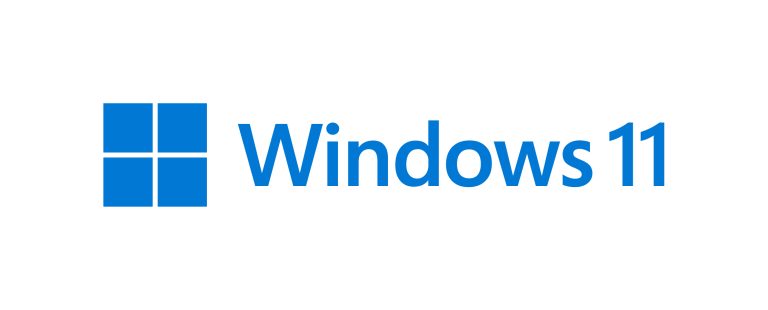
Microsoft is launching the Windows Resiliency Initiative, a groundbreaking effort aimed at enhancing the security and reliability of the Windows operating system. This move follows a significant outage in July, where software issues with CrowdStrike impacted 8.5 million Windows-based computers and servers.
As part of the initiative, the company is developing a feature called Quick Machine Recovery, which will empower system administrators to remotely restore computers even in cases where they fail to boot. This capability will be integrated into an improved version of the Windows Recovery Environment (WinRE).
Microsoft is also tightening its requirements for antivirus software vendors participating in the Microsoft Virus Initiative. Vendors will now be mandated to conduct more rigorous testing of their products and ensure secure, phased deployment of updates, along with system monitoring and recovery capabilities.
The company is advancing efforts to decouple antivirus operations from the system kernel. A preliminary version of this new framework will be made available to Windows security partners in July 2025.
Windows 11 will introduce a new administrator protection feature, allowing users to temporarily obtain administrator privileges for specific tasks after authentication through Windows Hello. Once the task is completed, these privileges will automatically be revoked.
To further enhance the operating system’s security, Microsoft is progressively transitioning portions of its functionality from the C++ programming language to Rust, which is widely regarded as more secure in terms of memory management.


